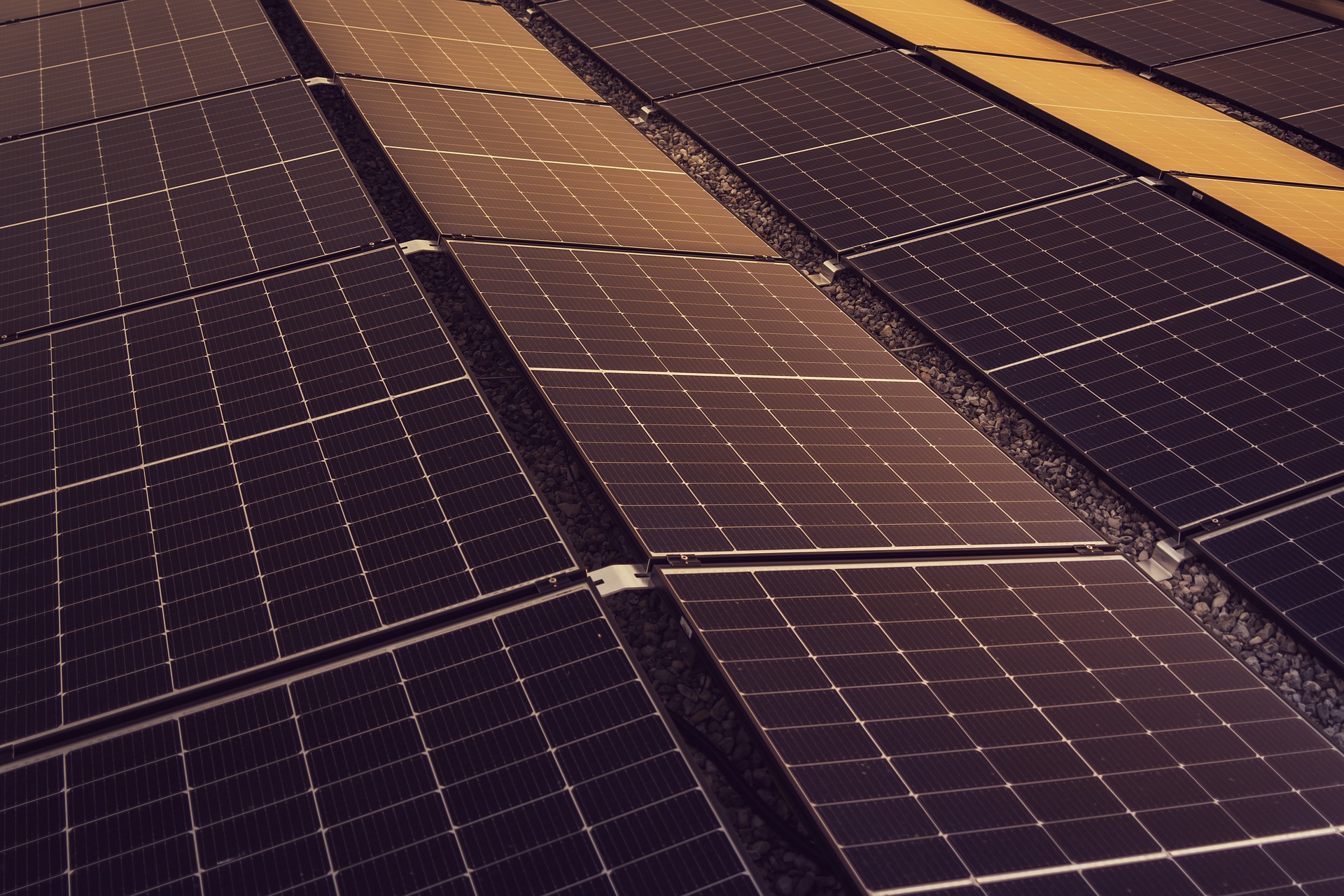Written By: Faith Jemosop
Ghana has been selected to host the International Solar Alliance (ISA) Africa Solar Energy Forum in 2025. The high-level gathering is expected to convene government leaders, energy ministers, financiers, climate experts, and private sector stakeholders to accelerate the continent’s solar energy ambitions.
Organized under the aegis of the International Solar Alliance, the forum is designed to catalyze Africa’s solar development efforts, foster partnerships, unlock financing for solar infrastructure, and harmonize policy frameworks across member states. Ghana’s capital, Accra, will serve as the venue for this strategic event, positioning the West African nation as a key player in the continent’s clean energy future.
What Is the ISA and Why It Matters
The International Solar Alliance (ISA) is a global coalition of over 110 countries, initiated by India and France in 2015 during the UN Climate Change Conference (COP21) in Paris. The alliance is committed to promoting solar energy deployment worldwide, especially in tropical nations with abundant sunlight but limited access to clean electricity.
The ISA’s Africa-focused arm is aimed at supporting African countries in tapping into their vast solar potential. With over 600 million people in Sub-Saharan Africa lacking access to electricity, the forum presents a crucial opportunity to drive practical change. The 2025 Africa Solar Energy Forum in Ghana will be the third continental event of its kind but promises to be the most influential yet, with a deeper focus on financing, local manufacturing, and resilient solar infrastructure.
Key Themes for the 2025 Forum
The ISA Africa Solar Energy Forum 2025 will centre on several strategic themes:
- Mobilizing Investment for Solar Infrastructure
Participants will explore innovative financing models, such as blended finance, green bonds, and risk mitigation instruments to accelerate solar deployments. The African Development Bank (AfDB), World Bank, and private investors are expected to play significant roles.
- Scaling Local Solar Manufacturing
Ghana’s own ambition to become a solar panel manufacturing hub aligns with ISA’s goal to reduce dependence on imports and build local value chains. The forum will spotlight capacity building, industrial partnerships, and technology transfer.
- Policy Harmonization and Regulatory Reforms
Experts will assess existing barriers to cross-border solar trade and propose unified policy guidelines for the region. This includes regional solar energy trade frameworks, standardization of tariffs, and net metering policies.
- Off-grid and Mini-grid Solutions for Rural Electrification
With nearly 50% of Africa’s rural population off-grid, the forum will give high priority to solar mini-grids and standalone systems. Companies offering pay-as-you-go (PAYGo) models and last-mile solar technologies are expected to showcase solutions.
- Climate Resilience and Just Energy Transition
The forum will emphasize inclusive solar strategies that empower women, youth, and marginalized communities while addressing climate risks such as droughts and heatwaves.
Ghana’s Strategic Role in Africa’s Solar Future
Ghana’s selection as the host country is no coincidence. The country has consistently demonstrated leadership in renewable energy, particularly in regulatory support and public-private collaboration. According to the Ghana Energy Commission, the country aims to generate 10% of its electricity from renewable sources by 2030, with solar being a key driver.
Some of Ghana’s ongoing efforts include:
- Scaling rooftop solar through the Net Metering Scheme;
- Incentivizing Independent Power Producers (IPPs) with solar Power Purchase Agreements (PPAs);
- Collaborating with India’s EXIM Bank and the ISA to install solar water pumping systems across rural areas;
- Partnering with UNDP and the Climate Investment Funds on off-grid energy access programs.
Ghana recently launched the Ghana Renewable Energy Master Plan, a strategic blueprint that seeks to install over 2,500 MW of renewable energy capacity, much of it solar, by 2030.
By hosting the ISA Forum, Ghana will not only showcase its achievements but also serve as a learning hub for other African countries aspiring to develop robust solar ecosystems.
Expected Outcomes from the 2025 ISA Forum
The ISA Africa Solar Energy Forum 2025 is expected to produce concrete deliverables, including:
- Multi-country solar energy investment deals;
- Signed MOUs between African governments and global solar companies;
- Launch of a continental solar finance facility;
- Formalization of the Africa Solar Policy Toolkit, aimed at guiding national policy harmonization;
- Expansion of ISA’s STAR-C (Solar Technology Application Resource-Centre) program into additional African states.
According to ISA officials, the forum could result in over $5 billion in solar energy commitments across Africa within the next five years, with Ghana acting as a springboard for several pilot programs.
Pan-African and Global Stakeholder Engagement
The forum is attracting heavyweight participation from global institutions such as:
- International Renewable Energy Agency (IRENA)
- United Nations Environment Programme (UNEP)
- African Union Commission (AUC)
- African Energy Chamber (AEC)
- Private solar firms from India, China, Germany, and the United States
Also read: Nigeria Togo Owe Over $11 Million in Q1 2025 Electricity Debt
Also expected are African heads of state, ministers of energy, national electrification agencies, and financiers. This multisector engagement ensures a broad-based commitment to turning discussion into action.
Why This Matters for Africa’s Development
Africa is home to 60% of the world’s best solar resources, but hosts only 1% of global installed solar PV capacity. The 2025 forum aims to reverse this imbalance by leveraging political will, technical capacity, and capital.
Investing in solar power not only addresses energy poverty but also unlocks job creation, drives industrial growth, enhances health outcomes (through reliable health centre electrification), and strengthens education by powering schools and digital classrooms.
Solar energy also reduces the region’s heavy reliance on fossil fuels and hydroelectric power, both of which are vulnerable to global price shocks and climate variability.















